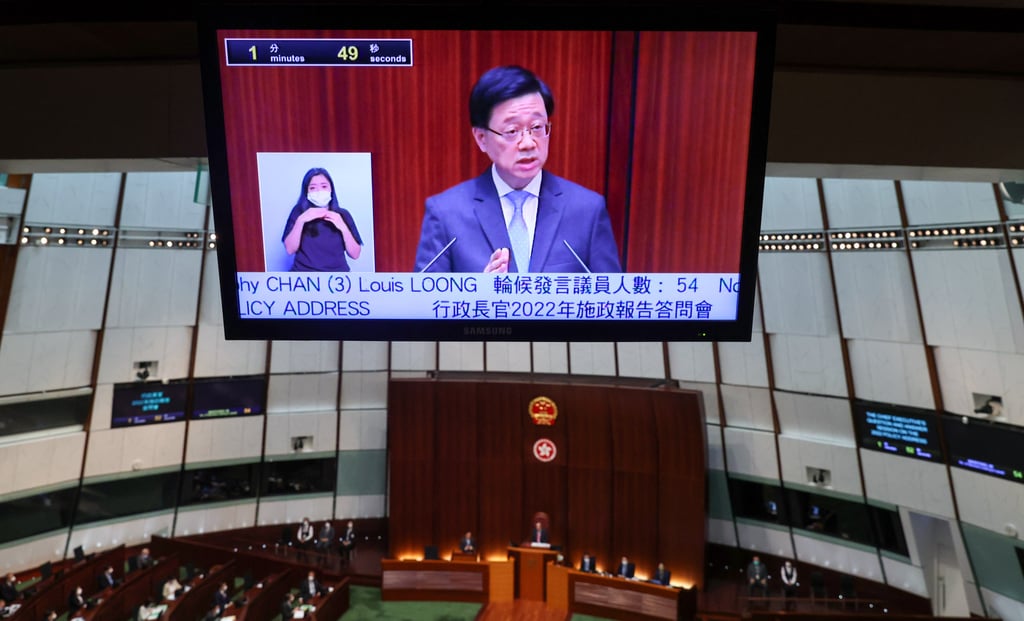Editorial | Hong Kong’s hunt for global talent must not overlook home-grown experts
- City initiative to attract the best is to be welcomed, but care has to be taken not to snub pool of talented locals and risk losing them

Hong Kong needs to be fighting fit and focused for its entry into the global talent war. It involves more than undoing negative perceptions of life in the city shaped by anti-government social unrest in 2019 and compounded by the isolation of Covid-19 travel restrictions, leading to an exodus.
That will test the special talent unit to be headed by the financial secretary and announced by Chief Executive John Lee Ka-chiu in his policy address. It is good that the city has taken the initiative to secure top talent.
But the new unit will encounter a vastly different environment from the playing field on which Hong Kong competed successfully for talent in the past.
Geopolitical tensions, the coronavirus pandemic and the Ukraine war share the blame for that. The world is entering a new round of deglobalisation or decoupling.

The global economy is becoming more fragmented and regionalised. As a result major economies are resorting to independent, secure supply lines that intensify competition for specialised talent.
The United States’ repatriation of the semiconductor industry is a case in point of countries setting up their own production lines. Talent always follows job opportunities, prospects and capital.
